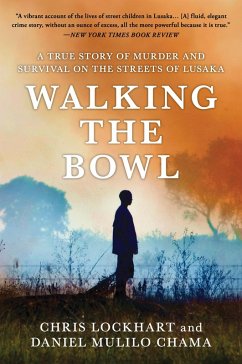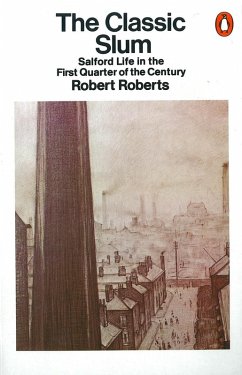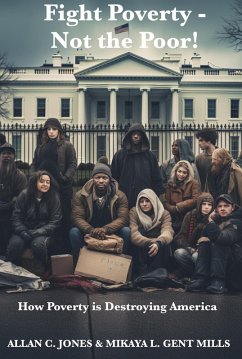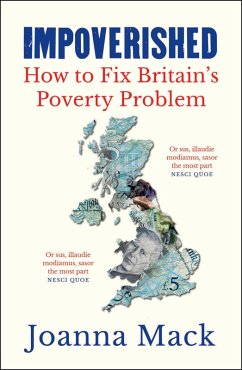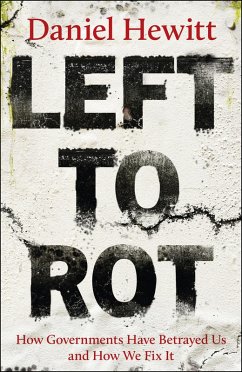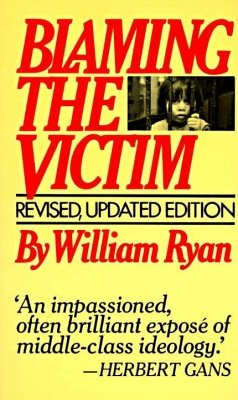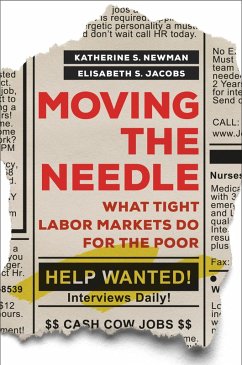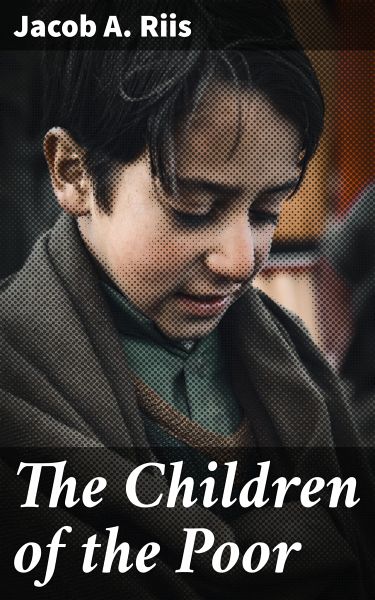
The Children of the Poor (eBook, ePUB)
Enriched edition. Shedding Light on Urban Poverty: A Powerful Narrative of Forgotten Childhood in Late 19th Century New York City
Kommentar: Pemberton, Clarissa / Redaktion: Good Press
Versandkostenfrei!
Sofort per Download lieferbar
1,99 €
inkl. MwSt.
Weitere Ausgaben:

PAYBACK Punkte
0 °P sammeln!
In 'The Children of the Poor,' Jacob A. Riis presents a poignant and unsettling exploration of urban poverty in late 19th-century America, focusing on the plight of children trapped in socioeconomic despair. Employing a journalistic style underscored by vivid imagery and firsthand accounts, Riis immerses readers in the harsh realities of life in New York City's tenements. The book contains a compelling blend of personal narrative and sociopolitical commentary, challenging the prevailing notions of social responsibility through evocative descriptions and reformist zeal, while also leveraging th...
In 'The Children of the Poor,' Jacob A. Riis presents a poignant and unsettling exploration of urban poverty in late 19th-century America, focusing on the plight of children trapped in socioeconomic despair. Employing a journalistic style underscored by vivid imagery and firsthand accounts, Riis immerses readers in the harsh realities of life in New York City's tenements. The book contains a compelling blend of personal narrative and sociopolitical commentary, challenging the prevailing notions of social responsibility through evocative descriptions and reformist zeal, while also leveraging the era's emerging documentary photography to underscore his claims. Riis, a Danish-American social reformer and journalist, used his own experience as an impoverished immigrant to fuel his activism and advocacy for the urban poor. His unique background and keen observational skills allowed him to illuminate the conditions faced by marginalized populations, particularly children, whose innocence was under siege by the grinding machinery of poverty. 'The Children of the Poor' effectively reflects Riis's commitment to social justice and sheds light on the urgent need for reform in the face of systemic neglect. This powerful work is essential reading for anyone interested in social history, urban studies, or child welfare. Riis's compassionate yet stark portrayal of impoverished youth not only resonates with contemporary issues but also serves as a call to action for the modern reader to recognize and address the ongoing challenges faced by vulnerable populations. In this enriched edition, we have carefully created added value for your reading experience: - A succinct Introduction situates the work's timeless appeal and themes. - The Synopsis outlines the central plot, highlighting key developments without spoiling critical twists. - A detailed Historical Context immerses you in the era's events and influences that shaped the writing. - An Author Biography reveals milestones in the author's life, illuminating the personal insights behind the text. - A thorough Analysis dissects symbols, motifs, and character arcs to unearth underlying meanings. - Reflection questions prompt you to engage personally with the work's messages, connecting them to modern life. - Hand-picked Memorable Quotes shine a spotlight on moments of literary brilliance. - Interactive footnotes clarify unusual references, historical allusions, and archaic phrases for an effortless, more informed read.
Dieser Download kann aus rechtlichen Gründen nur mit Rechnungsadresse in A, B, BG, CY, CZ, D, DK, EW, E, FIN, F, GR, H, IRL, I, LT, L, LR, M, NL, PL, P, R, S, SLO, SK ausgeliefert werden.




